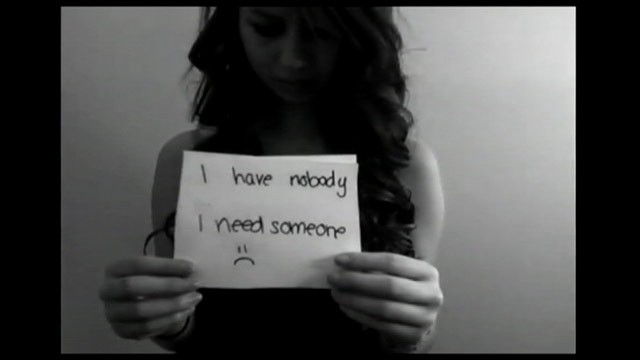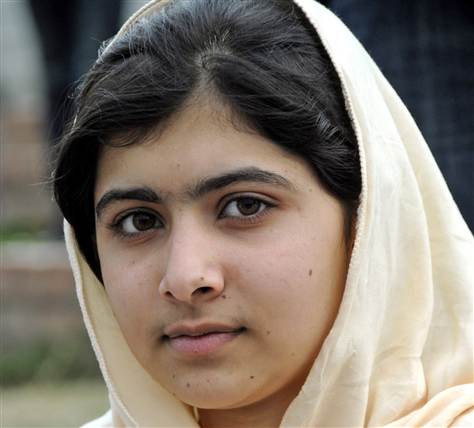
The soul, that ephemeral wellspring of morality and ledger upon which eternal judgment is based, or so it is believed in Christianity, is, according to the Bible, a wholly human characteristic. “Dominion over the animals is the right of man.” Might we not take this with a grain of salt if we step back and acknowledge that we read this from a text written by, whom else, humans? What else would we write? And it is not limited to Christianity. Islam believes dogs to be unclean, and few Sunni or Shi’a own dogs, but are taught in the Quran to treat dogs well. Hindus believe that dogs guard the gates to both Heaven and Hell, not unlike Cerberus, the three headed dog employed by Hades to guard the underworld in Greek mythology. But do dogs have souls?
Theologians argue that animals have no souls and therefore are not candidates for the eternal paradise of Heaven. However, this is not a universally accepted position. Abraham Lincoln said, “I care not for a man’s religion whose dog and cat are not the better for it.” Not surprisingly, Will Rogers said it more plainly, “If there are no dogs in Heaven, then when I die I want to go where they went.” Lord Byron in his poem Epitaph to a Dog, written in 1808 as a eulogy to his Newfoundland dog Boatswain writes, in part:
But the poor dog, in life the firmest friend,
The first to welcome, foremost to defend,
Whose honest heart is still his master’s own,
Who labors, fights, lives, breathes for him alone,
Unhonored falls, unnoticed all his worth,
Denied in heaven the soul he held on earth –
While man, vain insect! hopes to be forgiven,
And claims himself a sole exclusive heaven
James Thurber said, “If I have any beliefs about immortality, it is that certain dogs I have known will go to heaven, and very, very few persons.” I would go a step further and suggest that, if Heaven exists and is the paradise promised by the prophets, perhaps man’s care of pets constitutes one of the thresholds for admission. Perhaps we meet Saint Rocco and our pets at the gates of Heaven, not Saint Peter, our pets providing an incontrovertible assessment of our character. If this is true, then all dogs do indeed go to Heaven, patiently awaiting our arrival, ball in mouth, ready to play.
“A dog is a man’s best friend.” We have all heard this phrase, but as is the case with so many other colloquialisms, we retrieve it from the card catalog of quips we hold in our heads whenever we deem it appropriate, but few of us know its origin. In fact, the phrase comes from a trial in Warrensburg, Missouri that took place in 1870. George Graham Vest, a lawyer and future senator for the United States (as well as in the Confederate States) represented a man whom had sued his neighbor for shooting his dog, Old Drum. The statutory limitation on damages was limited to $50. In his closing argument, Vest said:
Gentlemen of the jury: The best friend a man has in this world may turn against him and become his enemy. His son or daughter that he has reared with loving care may prove ungrateful. Those who are nearest and dearest to us, those whom we trust with our happiness and our good name, may become traitors to their faith. The money that a man has, he may lose. It flies away from him, perhaps when he needs it the most. A man’s reputation may be sacrificed in a moment of ill-considered action. The people who are prone to fall on their knees to do us honor when success is with us may be the first to throw the stone of malice when failure settles its cloud upon our heads. The one absolutely unselfish friend that a man can have in this selfish world, the one that never deserts him and the one that never proves ungrateful or treacherous is his dog.
Gentlemen of the jury: A man’s dog stands by him in prosperity and in poverty, in health and in sickness. He will sleep on the cold ground, where the wintry winds blow and the snow drives fiercely, if only he may be near his master’s side. He will kiss the hand that has no food to offer, he will lick the wounds and sores that come in encounters with the roughness of the world. He guards the sleep of his pauper master as if he were a prince. When all other friends desert, he remains. When riches take wings and reputation falls to pieces, he is as constant in his love as the sun in its journey through the heavens.
If fortune drives the master forth an outcast in the world, friendless and homeless, the faithful dog asks no higher privilege than that of accompanying him to guard against danger, to fight against his enemies, and when the last scene of all comes, and death takes the master in its embrace and his body is laid away in the cold ground, no matter if all other friends pursue their way, there by his graveside will the noble dog be found, his head between his paws, his eyes sad but open in alert watchfulness, faithful and true even to death.
Not only did Vest win the case, his client was awarded an unheard of $500! Why is man “blessed” with the promise of eternal salvation, even on his death bed following a lifetime of moral depravity, if he opens his heart to God? Why do we posit an omnipotent overlord capable of superhuman forgiveness of evil, crime and sin while at the same time turning His back on the dog? Is it because humans have the gift of verbal expression and emotion? I would offer as a counterargument that my dog, with his expressive eyes, ears and tail combines these three attributes into more expressions than the English language has words to express emotion. “Man himself cannot express love and humility by external signs, so plainly as does a dog, when with drooping ears, hanging lips, flexuous body, and wagging tail, he meets his beloved master,” wrote Charles Darwin.
Is it because man reasons, where dogs do not? Consider this quote from Stanley Coren, “The greatest fear dogs know is the fear that you will not come back when you go out the door without them.” Or consider this passage from Mark Twain’s Letters from the Earth: Uncensored Writings:
Man is the Reasoning Animal. Such is the claim. I think it is open to dispute. Indeed, my experiments have proven to me that he is the Unreasoning Animal… In truth, man is incurably foolish. Simple things which other animals easily learn, he is incapable of learning. Among my experiments was this. In an hour I taught a cat and a dog to be friends. I put them in a cage. In another hour I taught them to be friends with a rabbit. In the course of two days I was able to add a fox, a goose, a squirrel and some doves. Finally a monkey. They lived together in peace; even affectionately.
Next, in another cage I confined an Irish Catholic from Tipperary, and as soon as he seemed tame I added a Scotch Presbyterian from Aberdeen. Next a Turk from Constantinople; a Greek Christian from Crete; an Armenian; a Methodist from the wilds of Arkansas; a Buddhist from China; a Brahman from Benares. Finally, a Salvation Army Colonel from Wapping. Then I stayed away for two whole days. When I came back to note results, the cage of Higher Animals was all right, but in the other there was but a chaos of gory odds and ends of turbans and fezzes and plaids and bones and flesh–not a specimen left alive. These Reasoning Animals had disagreed on a theological detail and carried the matter to a Higher Court.
I offer these thoughts as I sit in the waiting room craning my neck in hopes of seeing my dog’s surgeon approach. I take umbrage with the term dog “owner.” I do not “own” my dog as much as share a portion of our short lives together. My small dog, the youngest member of what must seem to him like a Brobdingnagian family, is worthy of every consideration I would offer to my children. Having survived cancer in his neck earlier this year and emergency eye surgery three years ago, this is the second surgery he has had on his back legs. He tore the cranial cruciate ligament in his left leg in 2009 and tore the same ligament in the other leg this past week. In spite of this, he, our little bionic dog, never complains and seeks only to love us and have us play with him. Mordecai Siegal summed it up well when he said, “Acquiring a dog may be the only opportunity a human ever has to choose a relative.” My position may differ slightly in that I consider it more likely that our dog chose us. And how fortunate we are to have in our lives this gentle soul.







